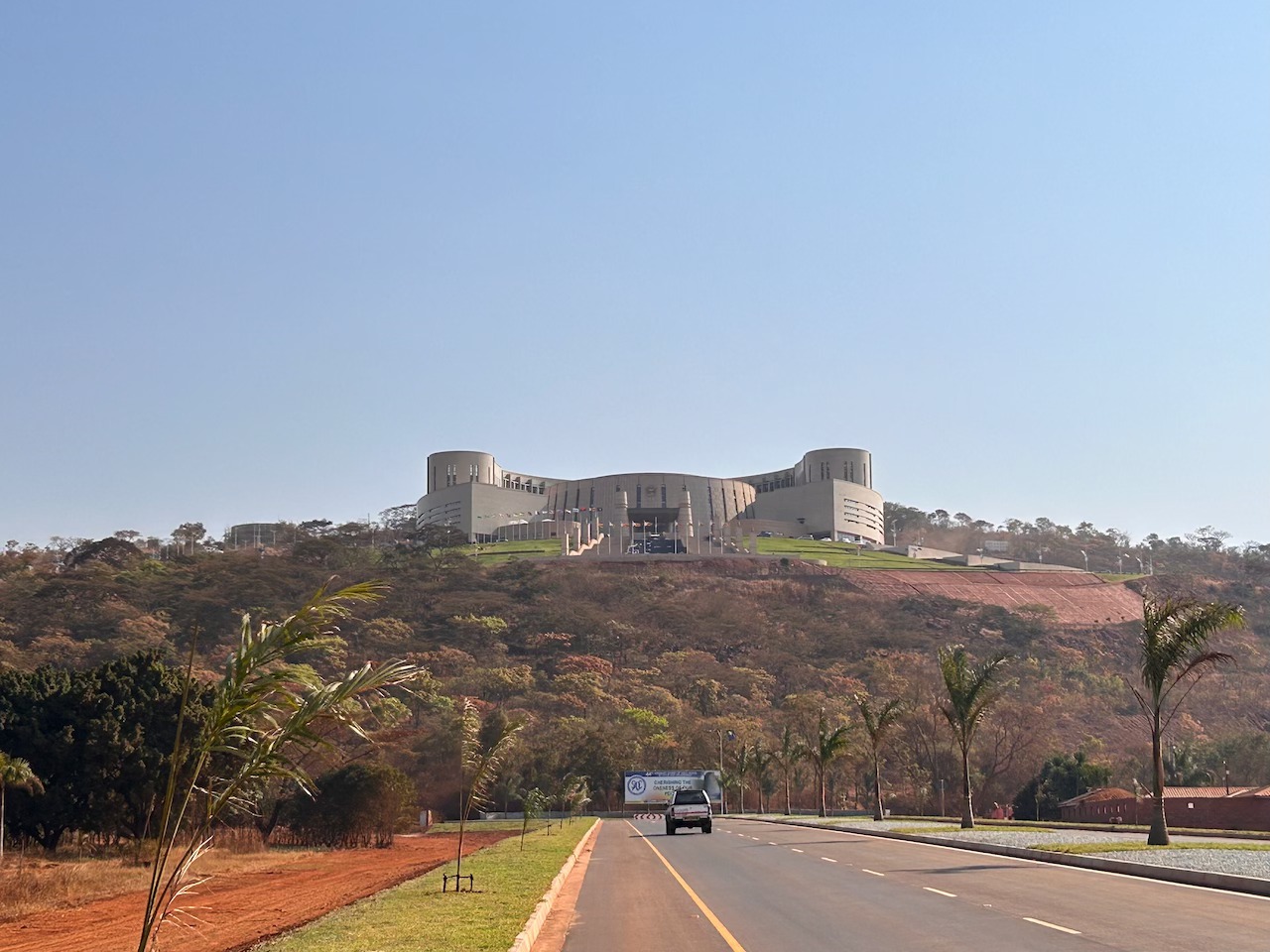The Auditor-General has exposed alarming financial irregularities at the Parliament of Zimbabwe, including unauthorised fuel allocations, ballooning payment arrears, and undelivered government vehicles, raising serious questions about oversight and accountability within the legislative institution.
According to the latest Auditor-General's report, tabled in Parliament last week, fuel allocations to senior parliamentary staff exceeded authorised limits by a staggering 32%, with some officials receiving up to 1 440 litres of fuel per month.
"An examination of the monthly fuel allocation schedule availed for audit revealed that levels from executive assistants to the Speaker of Parliament were getting allocations from 460 litres to 1 440 litres of fuel, respectively. The fuel allocation was 32% above the authorised quantity," the report stated.
The report found no evidence of Treasury approval or a formal resolution from the Committee on Standing Rules and Orders (CSRO) to support the increased fuel allowances.
"Treasury concurrence or resolution from the Committee of Standing Rules and Orders for the differential allocation of fuel to management and staff over and above the authorised limit was not obtained," the AG warned.
In its defence, Parliament cited Section 117 of the Constitution, which empowers the CSRO to determine conditions of service for parliamentary staff. It claimed that the additional fuel allocations were necessary due to increased travel distances to the new Parliament building in Mt Hampden and had been cleared by the CSRO.
The AG's report also revealed that Parliament had accumulated payment arrears totalling US$211 million, some of which date back to 2022. Compounding the issue, Parliament reportedly failed to maintain creditor ledgers during the financial year under review, casting doubt on the accuracy of the arrears figure.
In addition, the report flagged concerns over concessional staff loans issued by Parliament during the year. A total of ZWL$2.02 billion was disbursed, but there was no evidence of repayment schedules or instalment plans, making it impossible for auditors to determine how the loans would be recovered.
"Documentary reviews of loan agreement forms revealed that the loan repayment period and instalment sections were left blank. As a result, I could not ascertain the duration and repayment amounts of the loans," the Auditor-General said.
The audit also uncovered problems in asset management. Three Toyota Hilux vehicles purchased in March 2023 had not been delivered by May 2024. Similarly, a 60-seater bus and two 30-seater buses bought in March 2022 were still outstanding.
These findings come at a time when Parliament is expected to lead by example in matters of fiscal discipline and governance. The Auditor-General has recommended that Parliament urgently improve internal controls, comply with procurement and financial regulations, and ensure greater transparency in the management of public funds.
- newsday
 OK Zimbabwe posts US$17,8 million loss
OK Zimbabwe posts US$17,8 million loss  Hichilema meets Chivayo
Hichilema meets Chivayo  Millions celebrate Diwali festival in India
Millions celebrate Diwali festival in India  Econet Zimbabwe to delist from ZSE
Econet Zimbabwe to delist from ZSE  Gold edges up as traders await guidance
Gold edges up as traders await guidance  Mnangagwa fires Chitando, appoints Polite Kambamura
Mnangagwa fires Chitando, appoints Polite Kambamura  Young Investment Professional (YIP) Graduate Programme 2019
Young Investment Professional (YIP) Graduate Programme 2019 











 Young Investment Professional (YIP) Graduate Programme 2019
Young Investment Professional (YIP) Graduate Programme 2019
Editor's Pick